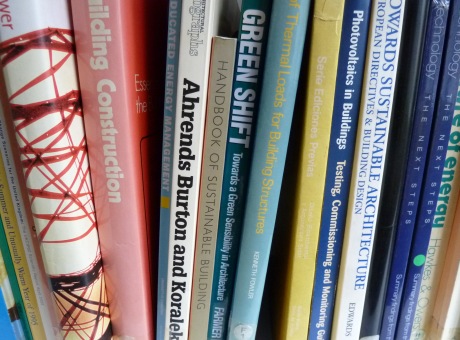Technical energy efficiency, its interaction with optimal operating speeds and the implications for the management of shipping's carbon emissions

1 December 2012
A ship’s energy efficiency can be improved and carbon emissions can be reduced using technology. Operational changes can also be used, for example, a reduction in ship speed. Both such interventions have consequences for the ship’s commercial operation. Results: This paper presents a theoretical modeling framework that can be used to examine the technical and economic interaction and simulate what might be commercially optimum in foreseeable future scenarios. The results suggest that operation to maximize a ship owner’s profits negates the benefit in emissions reductions achieved through technology. Conclusion: If the mitigation actions of technology are both to be optimized and protected from potential operational rebound affects, it is important to understand these interactions and take them into account in the design of GHG-related policy.
Technical energy efficiency, its interaction with optimal operating speeds and the implications for the management of shipping’s carbon emissions. CARBON MANAGEMENT, 3 (6), 589-600.
Smith, T.W.P. (2012)
 Close
Close

